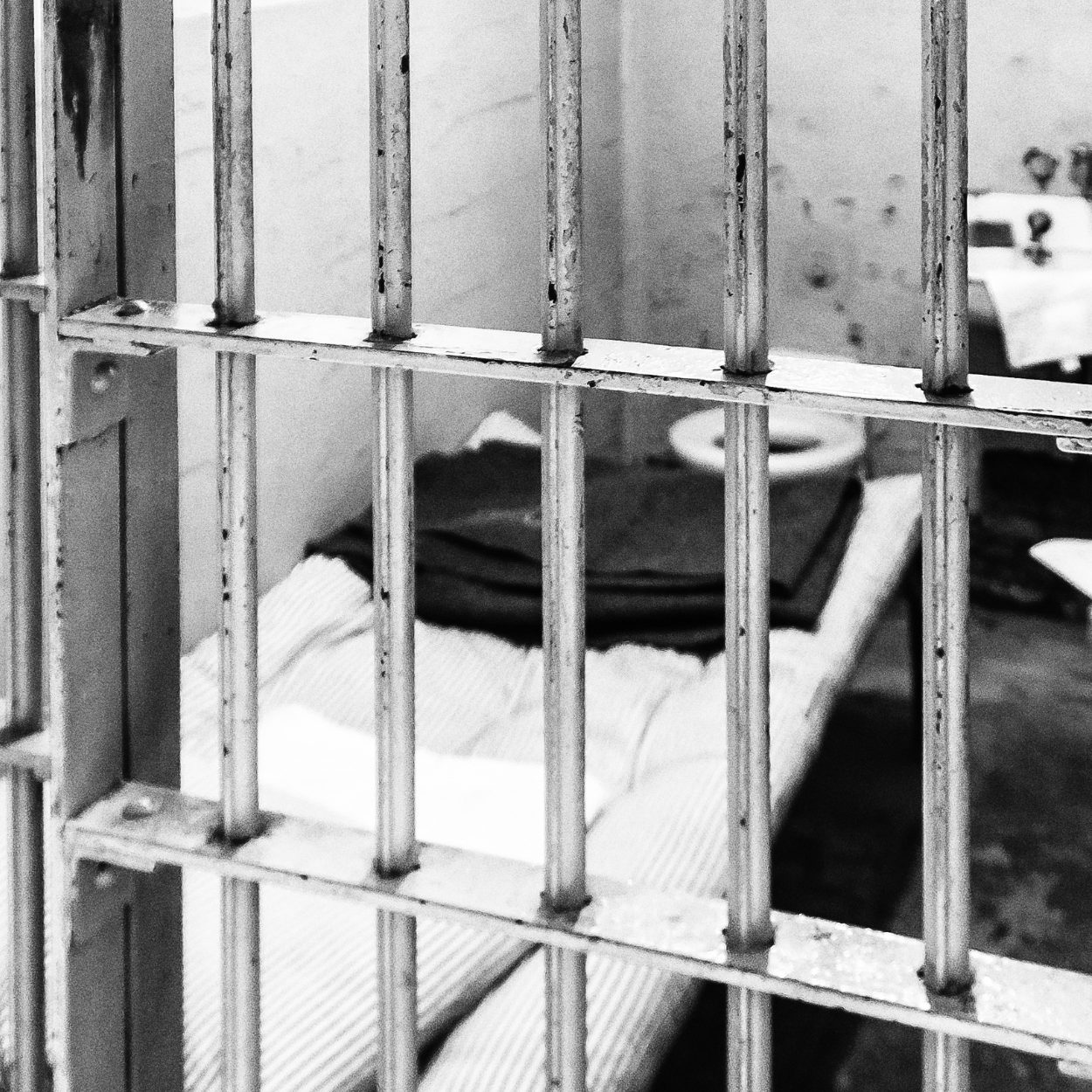The Inside

In our research of jail and prison history it was pretty difficult to pen-point the actual first prison in the world. However, captivity has historically been used as a tactic of war. This holds true as far back as the Babylonian Empire. During a conquest of a nation or tribe prisoners are taken either as captives for leverage to reach a common agreement or held as labor force indefinitely for the conquerer.
In ancient times if civil crimes were committed; the accused would be required to repay the accuser up to 7 times the value of the error in question. If the accused could not pay in money or possessions the accused would be required to serve the accuser in time and labor. Prior to America’s Independence, serious crimes like rape, murder and cases of theft were actually punishable by death prior to the advent of the prision system.